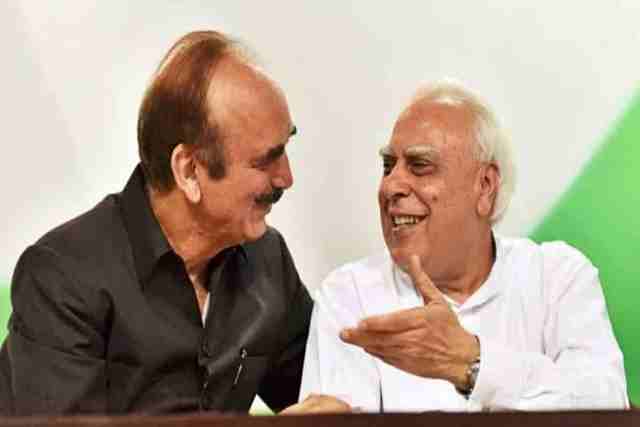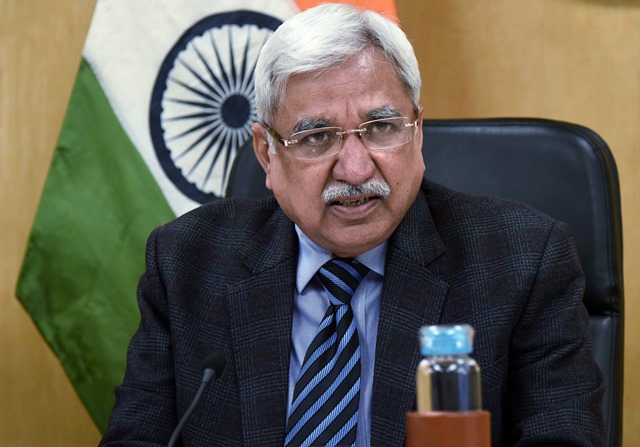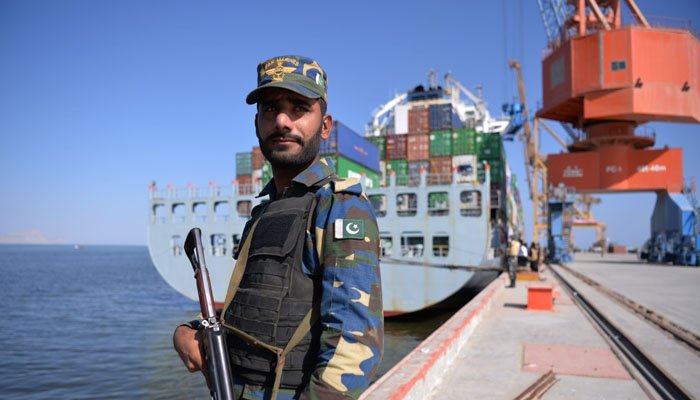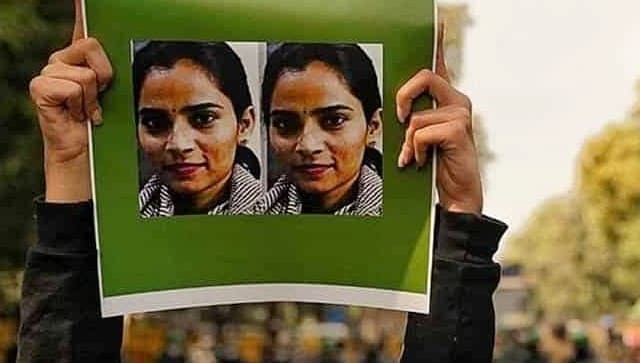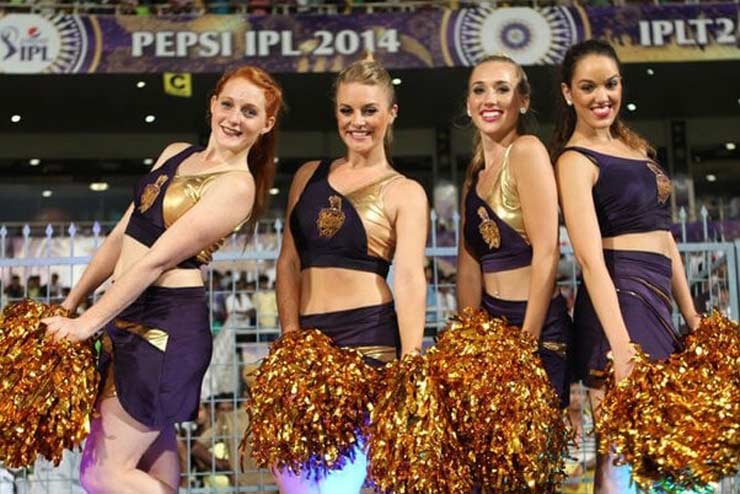In an embarrassing reference to contraction of civic space and farmers protests in India, the UN High Commissioner for Human Rights deplored the recent move by law enforcement agencies in the country to slap sedition charges against journalists and activists to silence dissent.
In her address to the 46th session of the Human Rights Council, UN official Michelle Bachelet raised the ongoing peaceful protests by Indian farmers to emphasise the need for participation of the concerned sections in framing of laws and policies that impacted their lives. She also hoped for “an equitable solution” to the crisis.
“In India, continued protests by hundreds of thousands of farmers highlight the importance of ensuring laws and policies are based on meaningful consultations with those concerned. I trust that ongoing dialogue efforts by both sides will lead to an equitable solution to this crisis that respects the rights of all,” Bachelet said.
Highlighting the high-handed approach of law enforcement agencies, the UN High Commissioner said, “Charges of sedition against journalists and activists for reporting or commenting on the protests, and attempts to curb freedom of expression on social media, are disturbing departures from essential human rights principles.”
The UN official also said the the situation in Kashmir was also under its watch. “Despite recent restoration of 4G access for mobile phones, the communications blockade has seriously hampered civic participation, as well as business, livelihoods, education, and access to health-care and medical information,” she said.
In the same vein, she also stressed that the conditions of citizens in Pakistan-Occupied Kashmir was not any better. “The access to Internet (in PoK) also remains a serious problem, prompting student protests in the past year.”
The UNHCR also raised red flags on the “unequal status of women” in Pakistan where “denial of their rights, from education to the right to make decisions about their own lives” was widespread.
She expressed concern at the prevalence of child marriage and forced marriage, as well as so-called “honour” based crimes in Pakistan. “Women from religious minority communities are particularly vulnerable to forced marriage accompanied by forced conversion. I urge Pakistan to support and protect women human rights defenders and journalists who are at the forefront of efforts to promote legal and societal change,” she said.
